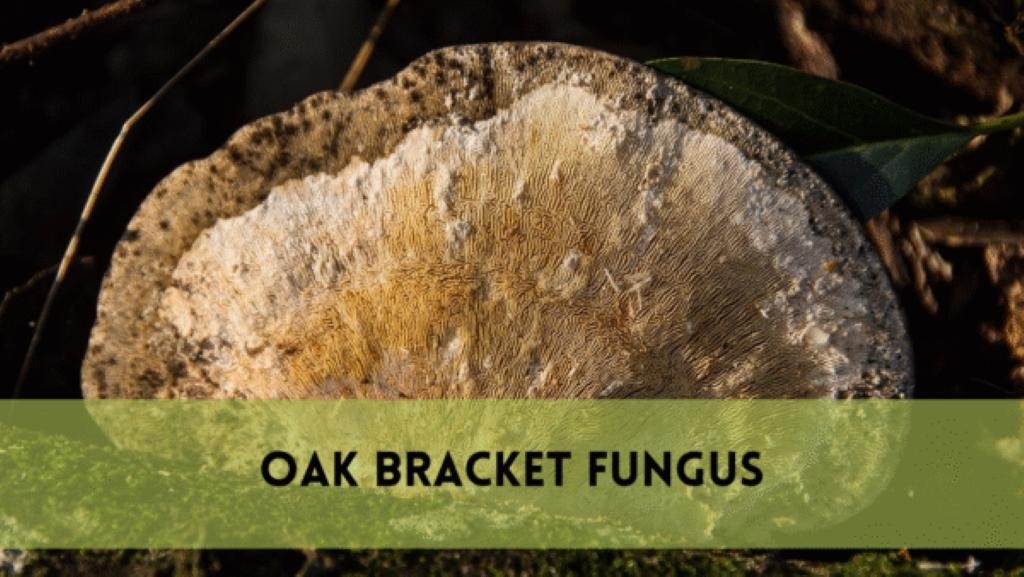Ants are known to be persistent invaders on our fruits trees usually damaging the plants and fruit. Don’t worry! In this complete guide, we’ll explore practical and helpful ways to keep the ants away from your fruit trees. Let’s start by figuring out the secrets to “how to keep ants out of fruit trees?“
How to Keep Ants Out of Fruit Trees? – Best Methods
Comprehending the Ant Problem To Keep Out Of Fruit Trees
Ants have a purpose in order in order to satisfy their sweet cravings. They’re not just out for a walk. The lusciousness of your fruits attracts them. Knowing their motives will be the initial step in repelling them.
Imagine you’re in a candy shop, filled with your favorite candy in every aisle. This is what ants imagine of when they look at your fruit-filled trees.
The Enchanting Symphony: The Calling Card of Nature
in all its natural beauty In all their natural splendor, fruits are Mother Nature’s musical symphony. The ants, however, use this wonderful melody as a way to call as well as our senses. Much like a dinner bell the sugars the trees produce are an obvious invite to these tiny invaders. What should a the tree’s owner take to protect their property?
Building an Ant Barrier Naturally To Keep Ants Out Of Fruit Trees
The beauty of nature lies in its capacity to give us an equilibrium. Ants can be stopped by constructing barriers because of the fear that they cannot over. You can consider introducing plants that deter insects in the vicinity of the area of your fruits trees. The plants like mint, tansy and pennyroyal emit smells that ants don’t like. It’s like creating a fragrant defense around an orchard.
The Tangerine Turn: A Vibrant Ant Deterrent
The peels of citrus fruits are not just beneficial but are also a powerful repellent to the aphids that cause. Natural ant repellent qualities are present in the citrus oils peels, especially the ones from lemons and oranges. If you spread these peels around the foundation on your trees you can keep ants away from the citrus-scented space. It’s a simple, but effective way to add some zest to your strategy for defending against ants.
Coffee Grounds: An Apologies to Ants
If you love your coffee, this trick is the perfect one for you. The scent of spent coffee beans can repel the ants. Therefore, after making your morning coffee do not throw out the coffee grinds right away. Distribute coffee grinds around the bottom on your trees. This keeps the ants out and also acts like a fertilizer that is natural giving your trees a boost. energy boost.
Taking Use of Cinnamon’s Powder To Keep Ants Out Of Fruit Trees
Ahh, the smell of cinnamon! It’s a spice loved by many because of its soothing scent and delicious taste in baked food. We didn’t realize that ants feel the same way. To create an impenetrable wall that will keep ants out sprinkle cinnamon-flavored ground around the branches of your fruit plants. It’s a secure, fragrant way to keep the ants away from your fruit trees.
Vinegar: Ant Warfare’s Humble Hero
Vinegar is a humble hero in the ant-war universe. Mix equal parts the white vinegar, water and. Then spray your fruit tree’s branches and trunks with the mix. The vinegar’s acidity frightens bugs and hinders the ants from pursuing further, disrupting their scent trails. It’s a simple but effective mix that wards off ants.
The Soap Solution: An Ant’s Slippery Slope
An everyday household item like soap can make a huge difference in fighting insects. Use a solution consisting of couple of drops dish soap mixed with water on your fruit plants. The ability of ants to travel is limited due to the soapy surface creating a slippery slope. It’s a cost-effective and secure method to keep the ants away from your trees.
Complete the Agreement: Eliminating Ant Entry Points
As crucial as it is to make use of natural methods to ward off ants but it’s equally essential to block all potential entry points. Check your fruit trees closely and look for any gaps or cracks that are visible within the bark. Apply a tree-safe sealant prevent these access points from occurring by creating a barrier insects cannot be able to cross.
Mulch Magic: A Two-Pronged Protection
Mulching has two benefits: maintaining soil moisture as well as being a deterrent to ants. Choose a mulch that repels ants like diatomaceous earth and cedar chip. Sprinkle it over the bottom on your trees in order to keep the ant colonies away. The magic of mulch is nature’s multi-tasking method.
A Cordial Collaboration: Advantageous Insects
In the fight against the ants Nature has her own army of protectors, and some insects are with us. In your orchard, encourage the presence of beneficial insects such as ladybirds and predatory beetles. In consuming ant eggs as well as larvae they provide an ecologically healthy ecosystem that manages the ant population.
The Time Is Crucial: Pruning Trees Strategically
When you’re taking care of the trees, the timing of care is essential as is in the case of ant control. You should plan out the maintenance that you have to perform on your trees. To reduce disruption and disturbance to your trees, trim them during times when activity by ants is low. This methodical approach will ensure the orchard to be a tranquil place for your plants but less appealing to insects.
Conclusion
In the end, managing ants in your fruit trees requires a holistic strategy that takes advantage of the natural resources available as well as a knowledge of their behaviour. There are a variety of helpful and sensible ways to guard your orchard including lemony protections and scent-free barriers.
So you must get your hands dirty, don the robes of the guardian of your orchard and observe as your fruit trees bloom in joy that is ant-free. The abundance of your crop is waiting for you to harvest, not harmed by the small intrusions. Happy orchard season!
FAQs
What is it that draws ants towards fruit trees and why?
The sugary fruit’s production draws insects to fruit plants. They see your orchard as an ideal candy store, so you must implement effective strategies to deter them.
What are the most effective plants for repelling ants? And what is their effectiveness?
Plants that deter ants emit scents that ants consider offensive, forming natural barriers. The planting of mint, tansy and pennyroyal in the vicinity of your fruit trees can provide an aroma-rich barrier to the plight of ants.
Can I make use of coffee grounds to keep the ants from getting near my fruit plant in the long term?
Coffee grounds can be used to act as natural fertiliser, in addition to repelling ants by their scent. One sustainable and efficient method is to scatter coffee grinds used to make mulch at the base of your trees regularly.
What can vinegar do to the ant trails or be safe to usage on the fruit tree?
Fruit trees can be safely treated with a solution consisting of water and white vinegar. Ants get confused and deterred from going further as the acidity alters their scent trails. It’s a simple, yet effective treatment for preventing ants.
There is a risk in applying soap to the fruit trees to stop ants from coming in?
For trees that produce fruit, using moderate amounts of mixture of water and soap is usually good. The soapy surface interferes with the ability of ants to move without harming the trees. It’s a cost-effective and ecologically responsible method to fight the ant population.




